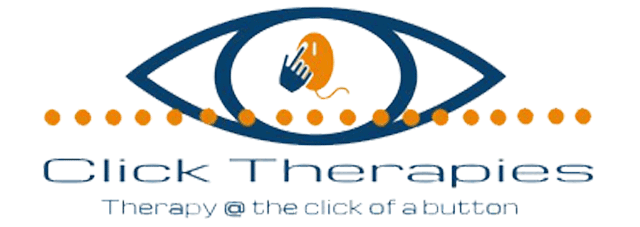Overcome Your Battle Against OCD With Our Online Therapy
Are you experiencing frequent obsessive thoughts and compulsive behaviours?
Having an occasional worry about whether you remembered to lock your front door, or checking whether you turned the oven off is completely normal behaviour that we all engage in.
However, if you have continuous obsessions and compulsions that consistently enter into your mind causing you to feel and behave in certain ways, you may have OCD.
Find out more about how we can help you overcome your OCD.
FAQs.
What is OCD?
Obsessive compulsive disorder (OCD) is a common mental health condition where a person has obsessive thoughts and compulsive behaviours.
What are the symptoms of OCD?
If you have OCD, you’ll usually experience frequent obsessive thoughts and compulsive behaviours. An obsession is an unwanted and unpleasant thought, image or urge that repeatedly enters your mind, causing feelings of anxiety, disgust or unease. A compulsion is a repetitive behaviour or mental act that you feel you need to do to temporarily relieve the unpleasant feelings brought on by the obsessive thought.
For example, someone with an obsessive fear of being burgled may feel they need to check all the windows and doors are locked several times before they can leave their house.
How can I treat my OCD?
The treatment recommended will depend on how much it’s affecting your life, however, psychological therapy can help you to face your fears and obsessive thoughts without “putting them right” with compulsions. If you have more severe OCD, you may need a long course of therapy. This type treatment can be very effective, but it’s important to be aware that it can take several months before you notice the benefit.
How is OCD diagnosed?
Only trained therapists can diagnose OCD.
Therapists will look for three things:
- The person has obsessions.
- He or she does compulsive behaviors.
- The obsessions and compulsions take a lot of time and get in the way of important activities the person values, such as working, going to school, or spending time with friends.
Can I inherit OCD?
Although experts have not found a specific gene, research indicates that obsessive-compulsive disorder runs in families, pointing to the likelihood that genetics do play a role in its development. In fact, people who have a parent or sibling that has OCD have a considerably higher risk of developing the disorder. Ongoing studies point to a genetic defect in the way the front area of the brain communicates with deeper areas. These deeper structures use serotonin, a chemical messenger. Images of the brain in some people with OCD show that these defective communication circuits work more normally with the help of cognitive behaviour therapy.
How long should I use your services?
This really depends on the severity of your mental health. However, we recommend our clients meet with their therapist for a minimum of six sessions in order to uncover some of the valuable lessons and teachings that you can begin to use in your day to day life that will help you to deal with your mental health for the rest of your life.
Can I choose my own therapist?
Does online therapy really work?
Absolutely! There are a wide selection of studies that prove online therapy is just as effective, if not more effective, than traditional face-to-face therapy. Our therapy provides you with the information, tools and guidance that you need to overcome your problems, with the help of your therapist.
How do I speak to my therapist?
You will communicate with your therapist via a secure, encrypted, online video call. The software we use is called Zoom which is really simple and easy to use. If at any point you would like to speak to somebody, you can contact us through our website and we’ll be on hand ASAP.
Is my information secured & confidential?
Yes! All of the information you provide is saved anonymously on our secure system that has been approved by the National Care Guidelines. Only you and your therapist will know what has been discussed. If you would like any information to be deleted or kept “off-record” simply let your therapist know and they’ll ensure everything is deleted straight away.
